It’s no secret that many of Hollywood’s A-listers have been crediting their good health and physique to a vegan diet.
Posing on the cover of the July/August issue of Women’s Health, Channing Tatum’s wife Jenna shows off her incredibly toned form, crediting the enviable look to powerful 45-minute workouts and an all-vegan diet.

The mother-of-one stunned on the cover of the women’s glossy.
While she’s stuck to this eating plan for a long while, the 35-year-old admits that her handsome husband had trouble committing to a life without protein from meat.
“He really did try to be vegan for six months. The guy doesn’t like vegetables, which makes it tough.”
“It was hard in the beginning because you want someone to be on the same page, but you’ve got to let people be themselves.”
Relive the magic of Channing and Jenna’s first dance in Step Up in the video below. Post continues…
Vegans and vegetarians will know that trying to meet your daily protein requirements can be indeed be a challenge for non-meat eaters considering that the average woman should consume about 46 grams of protein per day, while men need about 56.
While you can easily get your everyday serve of protein with a chicken salad or fillet of steak, hitting the mark on a veg diet isn’t always this easy, and often requires a touch more thought and creativity.
Whether you’re a vegetarian, vegan or simply looking to cut back on meat, you’ll be happy to know that there are plenty of protein rich foods out there, that will not only help you reach your daily quota but actually contribute to the deliciousness of your meals.
So without further ado, here are our top 5 vegetarian high-protein foods.
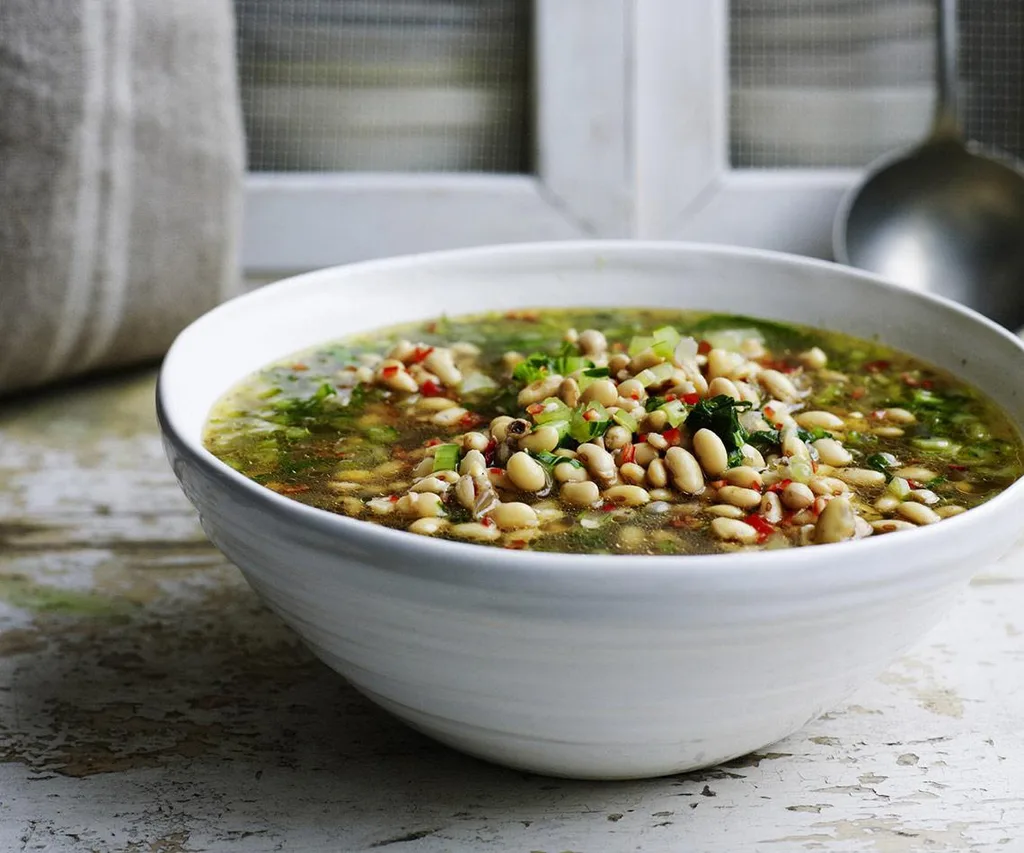
Try this ginger soy bean soup from our friends over at Food To Love!
Soybeans
100 grams of soybeans contain a whopping 36 grams of protein whereas a half cup of chicken has approximately 27 grams. These little gems are also a source of eight essential amino acids, making them the only complete non-animal protein, and what’s more, they’re abundant in fiber, calcium and B vitamins.
Pistachios
We all know almonds are packed with protein, but another surprise nut comes in at a close second. With 20 grams of protein per 100 grams, pistachios are a rich and snackable way to easily reach your recommended daily intake. Pop a tub next to your desk, and much away while you work!
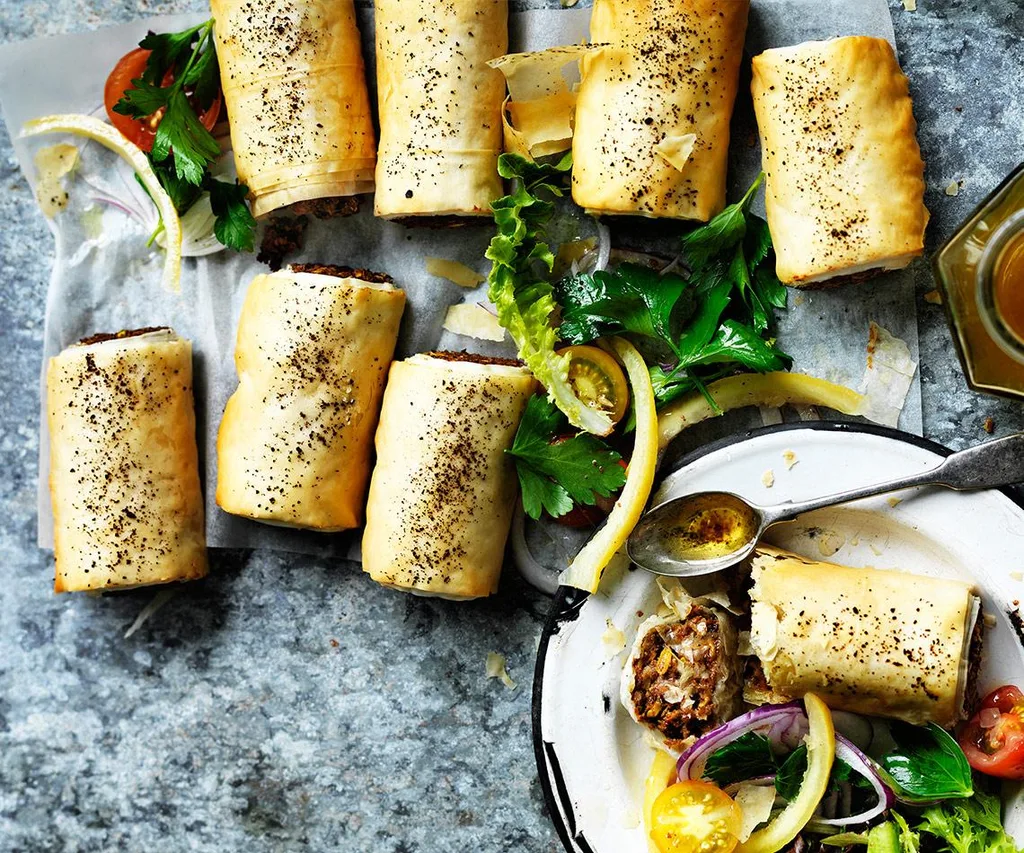
Substitute pork or beef with lentils using this lentil sausage rolls with tomato sumac salad recipe.
Lentils
With 26 grams of protein per 100 grams, lentils come in at a close second from soybeans. On top of their commendable protein levels, they’re also rich in potassium, iron and vitamin. From curry and soup, to burgers and pastas, there’s really no limit as to what you can whip up using these bad boys.
Black beans
Along with being a rich source of folate, fiber and potassium, black beans also contain around 21 grams of protein to every hundred. The shiny black bullets not only taste delicious, but are also help lower cholesterol in the blood, making them a healthy choice for a happy heart.
Yoghurt
Non-fat Greek yogurt contains around 10 grams per 100 grams, making it an excellent choice for a healthy breakfast or dessert. We already know yoghurt as an excellent source of calcium, but the live cultures present also help to maintain a level of good bacteria in the gut.
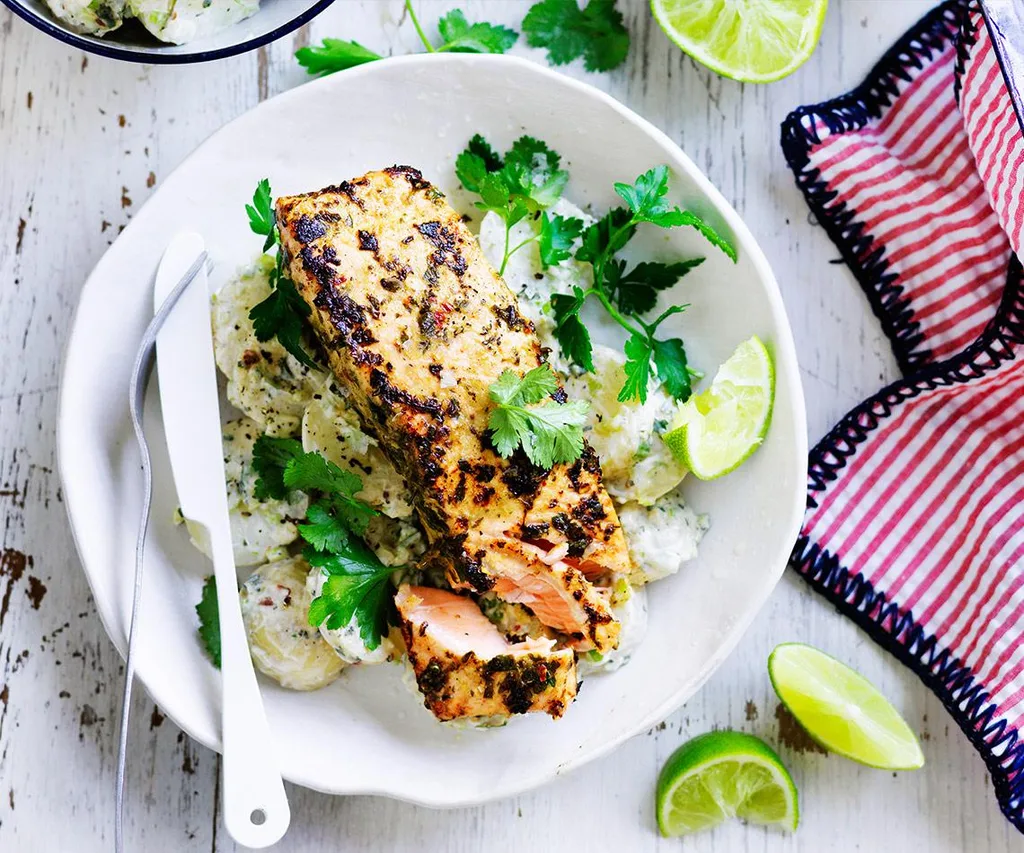
Impress guests with jerk salmon with yoghurt potatoes.

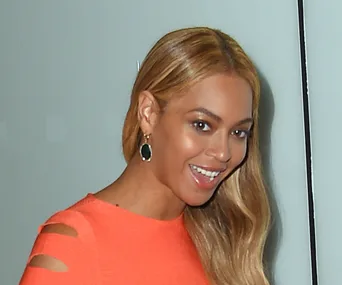


























































.png?resize=380%2C285)
.jpg?resize=380%2C285)



.png?resize=380%2C285)




















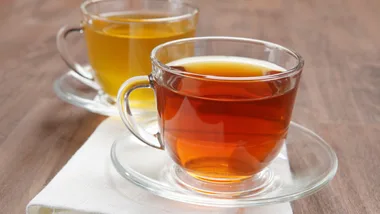










.jpg?fit=900%2C750)



